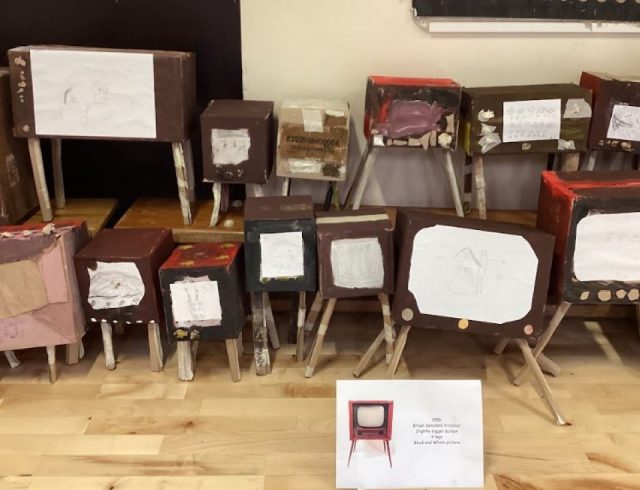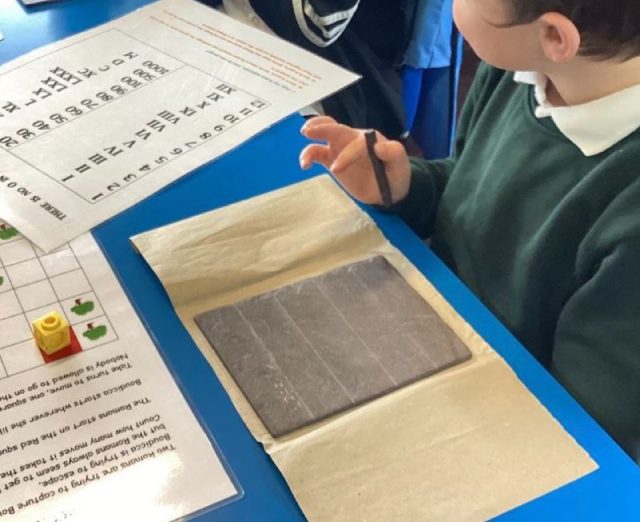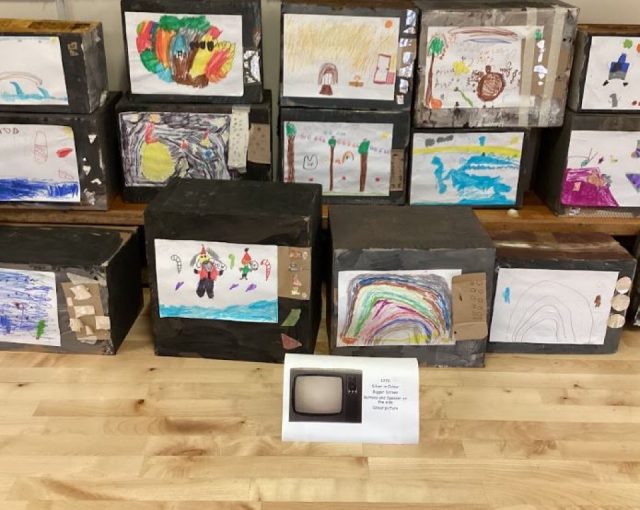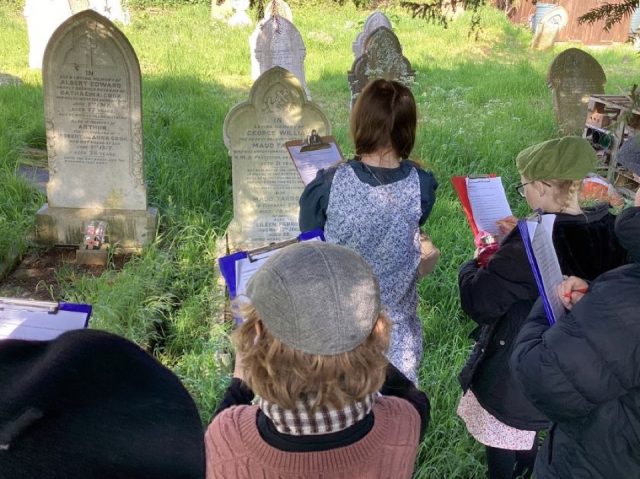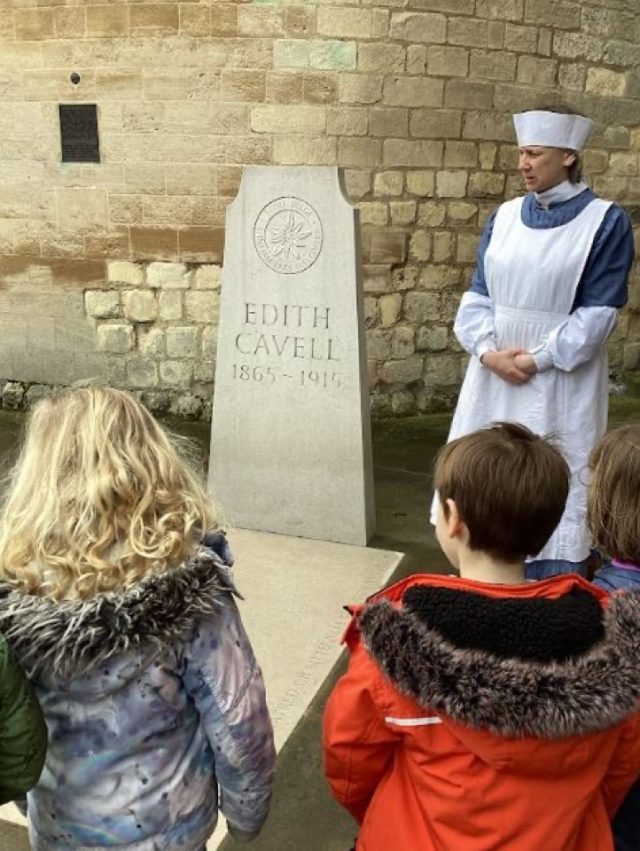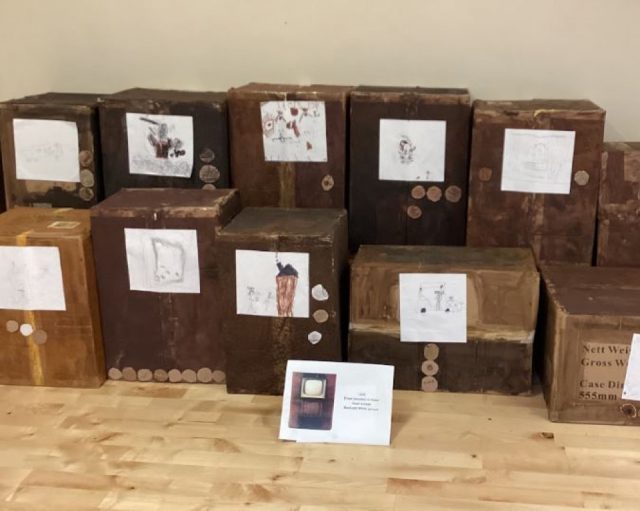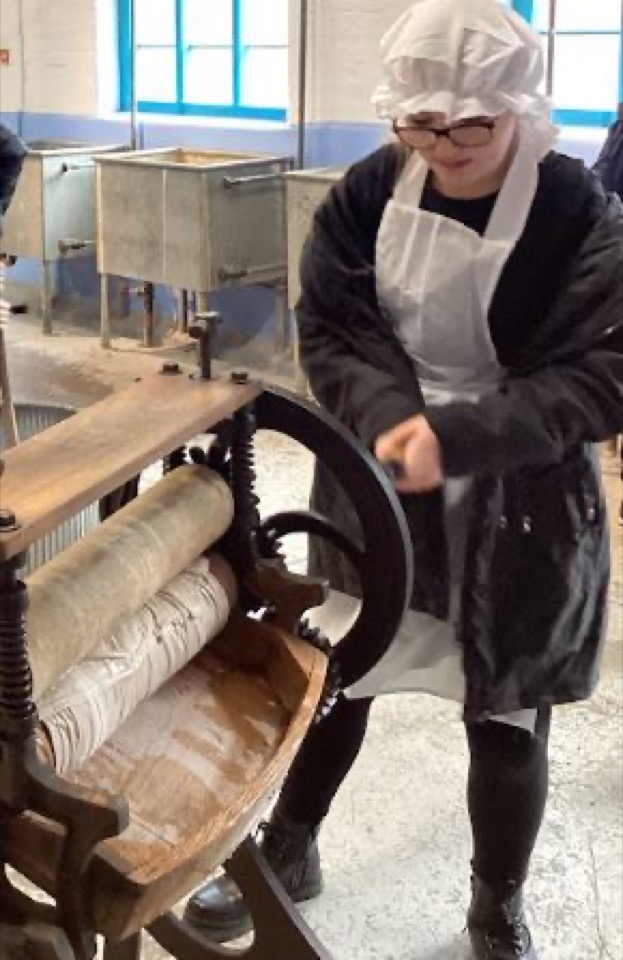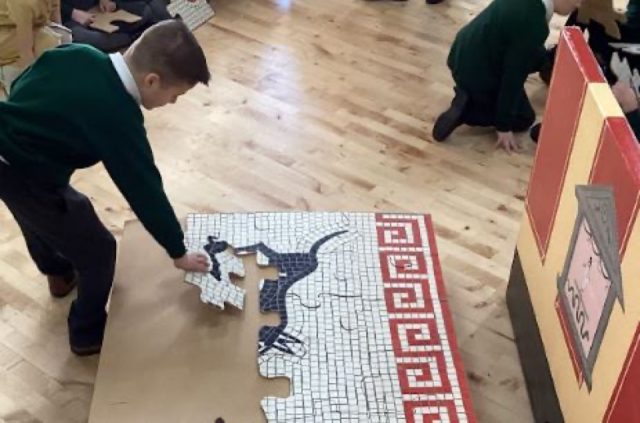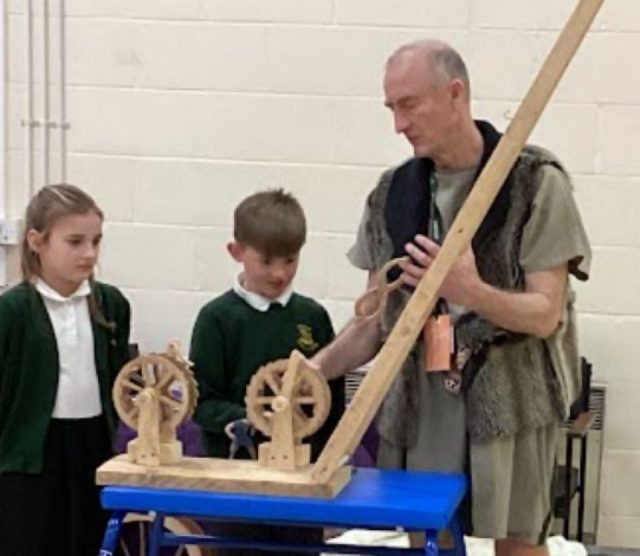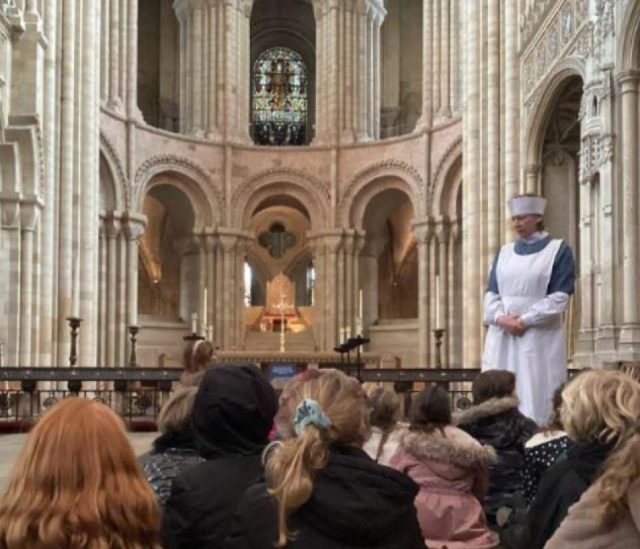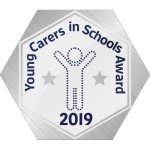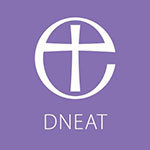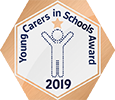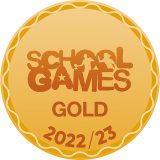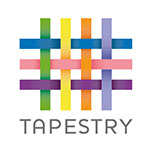“We are not makers of history. We are made by history.”
– Martin Luther King
Intent
History is an entitlement for our pupils and accessible to all.
At Kessingland Church of England Primary Academy, we want our children to become historians who love finding out about the past and using that knowledge to think about how we live today. Children will develop their sense of history through understanding their own history in KS1 and then expanding this to a chronological curriculum of the world, starting with Ancient Egypt and moving through to the World Wars. These periods of history will be studied with a focused question to enable children to gain a deep understanding of an important part of that period. They will also gain a sense of period through immersive days to develop their understanding of the period being studied. Children will also be introduced to a wide variety of important historical people to help their understanding of how things have changed and how they still need to change. We want the children to feel passionate about mistakes in the past, significant improvements in people’s rights, and inequalities that exist today. Through a good understanding of where we have come from, we want the children to go on to improve how we live today.
Implementation
To ensure high standards of teaching and learning in History, our curriculum is progressive throughout the whole school.
Key Concepts:
- Historical vocabulary
- Chronological and characteristic features
- Link key areas through history
- Historical enquiry – cause, consequence, significance, interpretation
- Sources
Domains of Knowledge:
- All about me (family tree)
- Famous people (Christopher Columbus, Neil Armstrong, Mary Seacole, Edith Cavell)
- The Fire of London
- Communication
- Toys
- Ancient Egypt
- Stone Age to Iron Age
- Mayans
- Ancient Greece
- Romanisation, the Roman Empire and its impact on Britain
- Britain’s settlement by Anglo Saxons and Scots
- Viking and Anglo Saxon struggles for England
- Benin
- Monarchs (King John, Queen Anne and Queen Victoria)
- Victorians
- WWII
- Local study
- Black History
EYFS: Children explore historical themes and content through the Understanding of the World strand of the EYFS curriculum. Children are given the opportunity to find out about past and present events in their own lives and those of their families and the people they know. They also learn about the Jurassic period.
KS1 and KS2: Through a carefully sequenced History curriculum, children find out about the past and use that knowledge to compare periods of history and think about how we live today. They use a variety of sources to study periods of history from Ancient Egypt up to World War 2, with a focus on chronology, cause, consequence, significance and interpretation. Enrichment: The school’s history curriculum is enriched through immersive days and trips.
Impact
The History curriculum builds towards four end points, describing what we want our pupils to achieve by the end of Year 6:
End point 1: To be able to order events in history and understand their place on a timeline and how they relate to other periods of history taught.
End point 2: To be able to discuss how empire, trade, beliefs, black history and civilisation have changed throughout history and how they impact us today.
End point 3: To be able to ask enquiry questions about historical events and analyse the information gathered to discuss the significant events/people and their impact, linking that to impacts today. To understand different ways that the past can be represented and compare them.
End point 4: To be able to use primary and secondary sources to support their understanding of a period of history. To be able to analyse how reliable a source is.
History is assessed in two distinct ways:
- Questioning, observations and recording of work throughout the different units.
- End of unit key questions to allow assessment of the children’s knowledge.



